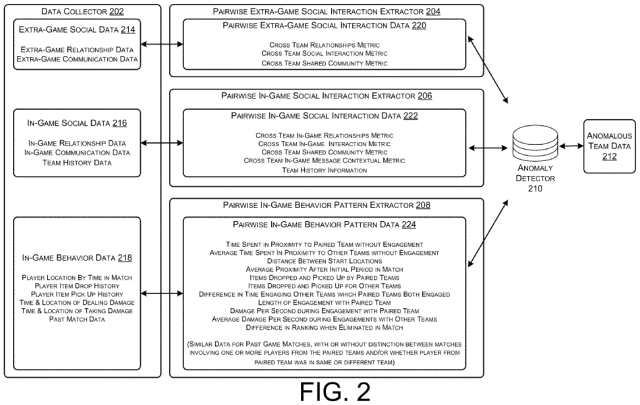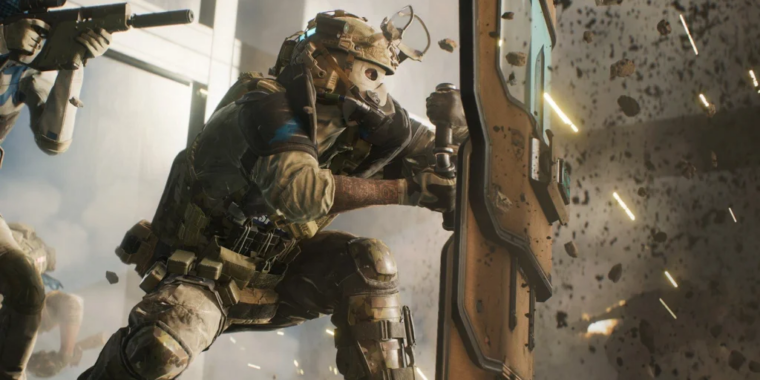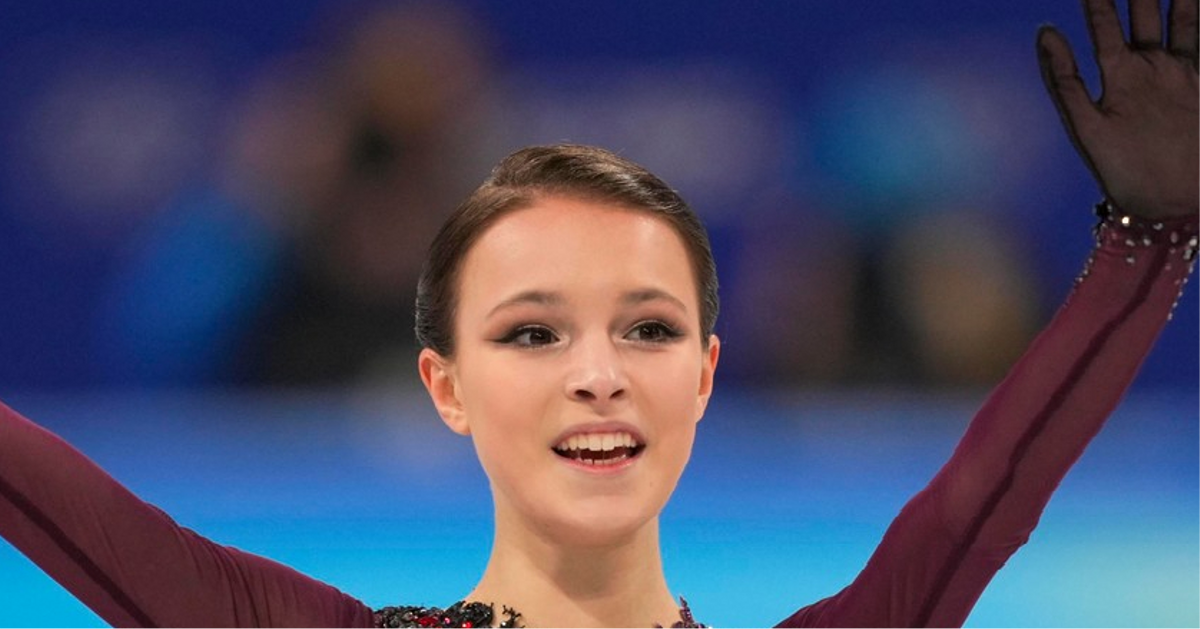Have you ever felt like your opponents in a free online game are trying to get you, especially? It might not just be paranoia. It could be about collusion between your opponents. And in a recently published patent application, Electronic Arts details some potential tools and data points, both in-game and out-of-game, that could be used to detect and eliminate this unfair practice.
It’s simply an EA title Patent “Collusion detection in online games”, which was released earlier this month, defines collusion as two or more “intended-to-be-antagonistic” players/groups who “contribute to a common cause” to gain an unfair advantage “over each other.” In a battle royale shooter, for example, a small group of players communicating outside of the game can band together and gain a decisive advantage in firepower against their only opponents.
Many of the patent pending methods for detecting this type of collusion use clear and simple game data. For example, if two or more outwardly opposing players or teams are exhibiting an abnormal amount of “time spent in close proximity…no commitment,” there’s a good chance they’re working together. Even if these players show superficial opposition in places, metrics like damage per second can be compared to the average to see if they are just opposition “for the sake of appearance”.
Constantly dropping items picked up by another team or player is another possible sign of collusion, as are the same players regularly appearing on opposing teams match after match. Conspirators can also tend to end up in similar ranked positions throughout their matches, especially “once the unfair advantage provided by collusion is negated” as some cooperating players are eliminated.
Big Brother is watching (for complicity)
In addition to easily detectable game data, EA’s patent outlines other signs of collusion that can be extracted from things like “social relationships and communications” and “communications and interactions with third-party systems” outside of gaming. This type of data ranges from reports such as the “Friends List” provided by the gaming platform to external reports such as “Social Media Login Data”.
The patent mentions an “inter-team community measure” that counts “the number of members in a group or community … of which players on both teams are members.” Things like “the number of posts a player has in a given community” with another player can indicate possible collusion.

“Additional game communication content” can also be fed into the algorithm, according to the patent, such as “posts on a forum involving players from both teams.” A “machine learning algorithm” can be used to extract any collusion-related context from this type of communication outside the game, or a simple keyword search can be used, according to the patent.
To be clear, the patent is explicit that any player data used in any of these tracking algorithms “will comply with privacy policies that respect the privacy of the player and in accordance with the privacy settings or preferences of any player”. Gamers.” That said, there’s something a little Big Brother about the likelihood of a publisher like EA analyzing your Twitter posts and Reddit community subscriptions to see if you’re trying to orchestrate cheats into their online game.
Again, in a world where gamers They will do their best to hide their cheating by using external devicesPerhaps this kind of external social graph analysis is needed to weed out some of the worst accomplices (or at least some of the least cautious). However, having a patented design doesn’t mean EA is (or ever will) using this kind of system out in the wild. For now, this is just an interesting insight into how one company is thinking about potential ways to detect the human side of online cheating and technical side.

“Addicted to social media. Zombie fanatic. I like traveling. Obsessed with music. Bacon expert.


